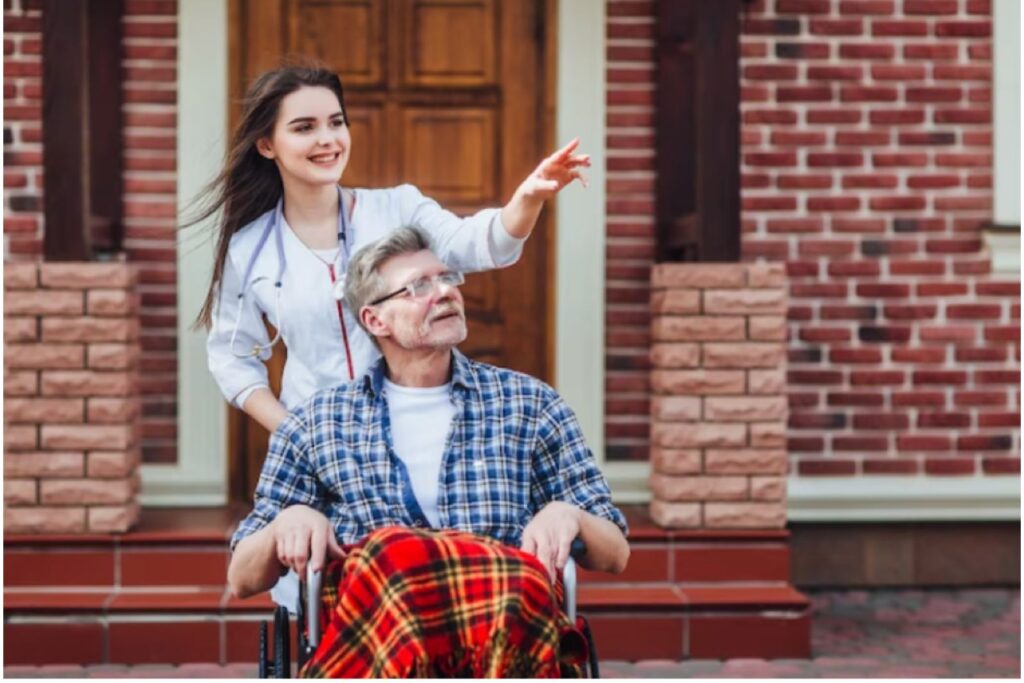Loneliness and isolation among seniors are growing concerns worldwide. As social connections are now mostly digital, many older adults feel disconnected from the community. This can lead to both mental and physical health issues.
However, senior social clubs are emerging as a powerful solution to this problem. These clubs enable meaningful social interactions. They foster a sense of belonging and community.
In this article, we will discuss the important role of senior social clubs in combating loneliness and isolation.
Table of Contents
Understanding Loneliness and Isolation in Seniors
Loneliness is the experience of feeling isolated, even if you have regular social interactions. Isolation, on the other hand, is a lack of social connections. For seniors, these feelings can be particularly acute.
Many face life changes such as retirement, the loss of a spouse, or health issues that limit their mobility. These factors can lead to reduced social interactions, increasing the risk of loneliness and isolation.
The Impact of Loneliness and Isolation
The effects of loneliness and isolation on seniors are profound. Chronic loneliness can lead to various health issues, including:
Mental Health Issues
Loneliness is closely linked with depression and anxiety. Seniors who feel isolated are more likely to experience these conditions.
Physical Health Decline
Loneliness can lead to a higher risk of cardiovascular diseases, weakened immune systems, and even premature death. Isolated seniors are also more likely to neglect their health.
Cognitive Decline
Social engagement and interactions play a crucial role in maintaining cognitive function. Seniors who lack social connections may experience a decline in memory and problem-solving abilities.
How Senior Social Clubs Help
Senior social clubs offer a lifeline to those looking to reconnect with their community. Here’s how these clubs play a crucial role in combating loneliness and isolation:
Providing a Sense of Belonging
Senior social clubs provide a space where older adults can meet like-minded individuals. This helps build new friendships and rekindle old ones. Being part of a group where members share similar interests and experiences fosters a sense of belonging.
Encouraging Physical Activity
Many senior social clubs offer activities that promote physical health. From dance classes to walking groups, these activities keep seniors active. They also provide chances for social interaction.
Stimulating Mental Engagement
Engaging in mentally stimulating activities is essential for seniors. Social clubs and communities like these Sellersville memory care services often organize activities such as:
- book clubs
- card games
- educational workshops
These senior activities help keep the mind sharp and provide a platform for meaningful conversations.
Offering Emotional Support
Being part of a social club means having a support system. Members often share their experiences, struggles, and joys. This allows them to offer each other emotional support. This camaraderie can be uplifting and reassuring.
Creating Opportunities for Volunteering
Many social clubs encourage members to take part in community service and volunteer activities. Volunteering gives seniors a sense of purpose and satisfaction. It lets them help society.
Start Joining Senior Social Clubs Today to Help Combat Loneliness and Isolation
Senior social clubs are more than just places to pass the time; they are vital in the fight against loneliness and isolation. These clubs help seniors live healthier, happier lives. They provide social, physical, and emotional support.
If you or a loved one is feeling isolated, consider joining a senior social club today. Connect, engage, and thrive with a community that cares.
Visit our blog and find a treasure trove of articles on a multitude of topics sure to pique your curiosity.

